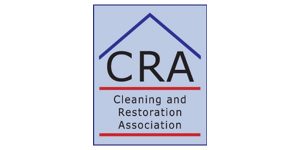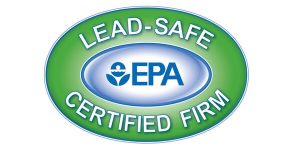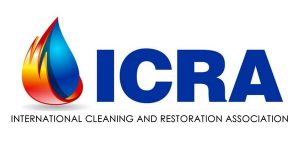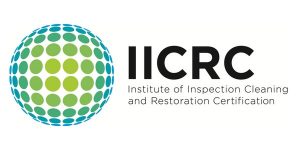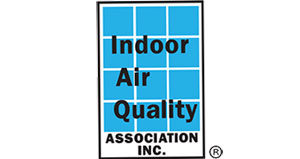Leak Detection Systems for your clients
A pipe bursts, a hose blows or a steady drip goes unnoticed for months. Whatever causes a leak, it usually results in a messy, costly problem. In fact, the Insurance Institute for Business and Home Safety reports the average cost of a plumbing failure is more than $5,000 after the insurance deductible was paid.
A leak detection device can be the homeowner’s first line of defense against water damage in your home. Here’s a look at what’s available:
- Passive systems are alarm-only detectors. They are relatively inexpensive and should be placed near appliances and fixtures that use water, in the basement and in other areas where there may be a concern about leaks. The units emit a loud noise or whistle when a leak is detected. Typically battery-powered, they are portable and require no hard wiring, so they’re ideal for do-it-yourselfers.
- Appliance leak detectors are connected to specific appliances that could leak, such as a washing machine or a refrigerator with a water dispenser. These detectors also issue an alarm, but because they turn off the water to the appliance when a leak is detected they are considered “active” leak detection systems. Some appliance leak detectors can be installed by a homeowner; others may require professional plumbing assistance for best results.
- Whole-house leak detection systems provide widespread protection. A shut-off valve is installed on the main water line; the system’s primary unit is typically hard-wired to an electrical source to power the valve. When a leak is detected, the sensors transmit an alert to the main unit, which shuts off the water to the entire house. Moisture-sensing technologies for these systems vary by manufacturer and generally are either internal components of the shut off valve or external moisture sensors that are installed at all appliances and fixtures where leaks can occur. Sophisticated systems can be connected to a home security or fire alarm system, and can be programmed to send an electronic message about the leak to you or a security company. Plumber contractors often install whole-house systems.
In addition to installing leak detection devices, homeowners should stay on the lookout for potential water problems around the home.
- Pay attention to damp or discolored areas under sinks or near refrigerators, and around bathroom fixtures.
- Look for rust on the exterior or base of a water heater.
- Replace hoses on the washing machine every 3-5 years as part of a proactive maintenance plan.
- Investigate musty smells in the basement or near water fixtures.
- Clean and test your sump pump periodically.
- If a leak is discovered, have it repaired immediately.
If the homeowner suspects a problem, they should consider having a plumber check the pipes, fittings and water pressure.
Call us, we can help – 855-883-4778
Christian Rovsek



